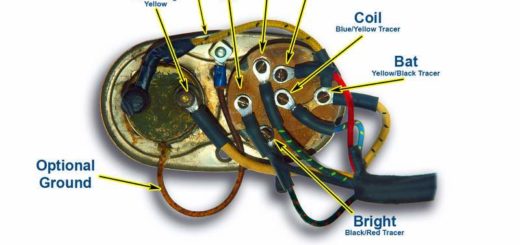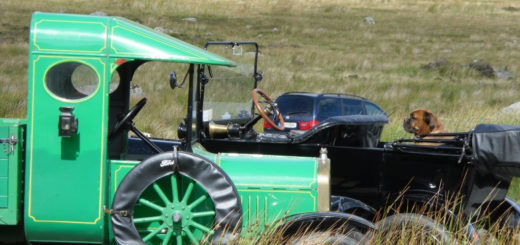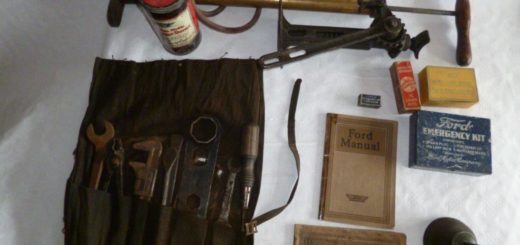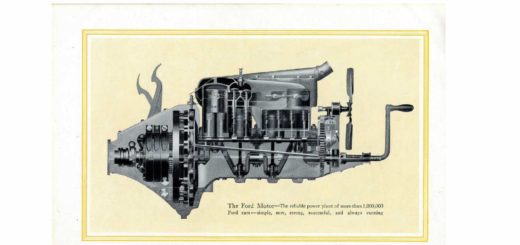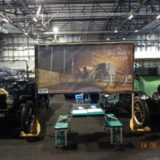VAT on Imports

All car enthusiasts especially of the veteran type should be interested in a recent decision by the London Tribunal Centre concerning the tariff classification for duty purposes of a 1955 Ford Zephyr Mark 1 convertible motor car. The appellant in the case had appealed against the decision by the Commissioners of HM Revenue & Customs to classify the motor car under the heading 8703 which covers motor vehicles and attracts 10% import custom duty instead of heading 9705 which covers collector’s pieces and attracts a 0% import duty.
The appeal was held in two stages, in June 2006 and in December 2007 respectively. The Commissioners contended that, according to case law, an article properly classified under heading 9705 must satisfy certain criteria, i.e. it must be (a) a collector’s piece and (b) of historical or cultural interest. They were satisfied that the motor car was of historical or cultural interest.
The conditions set out for a motor vehicle to qualify as a collector’s piece were determined as a result of the decision in the European Court of Justice (Case No. C200-84) which is known as the Daiber Case. The conditions include that a vehicle must be relatively rare, not normally used for its original purpose, not traded on the ordinary market and might fetch a high price.
When the case was reopened in December 2007 evidence was given by a motor vehicle consultant to the effect that the scrap metal value of the car was £75 and the approximate value as a source of spare parts was £2,500. Taking into consideration that the value of the car including VAT amounted to £11,000, the Tribunal then decided that the value of the car was indeed out of all proportion to the value of its intrinsic materials. The Tribunal therefore accepted that all the conditions for the classification of the motor car as a collector’s piece for customs duty purpose under heading 9705 were satisfied and the appeal succeeded.
Car enthusiasts who have either already imported cars that can be considered as collector’s pieces or who might be considering importing classic or veteran cars into Ireland should consider the outcome of this case. The Revenue Commissioners in Ireland can sometimes use unreasonable and arbitrary methods of arriving at a value for customs purposes and they may not always be correct in their interpretation of the tariff classification of imported goods.
This recent decision highlights the benefits of sometimes changing the Revenue’s interpretation.


